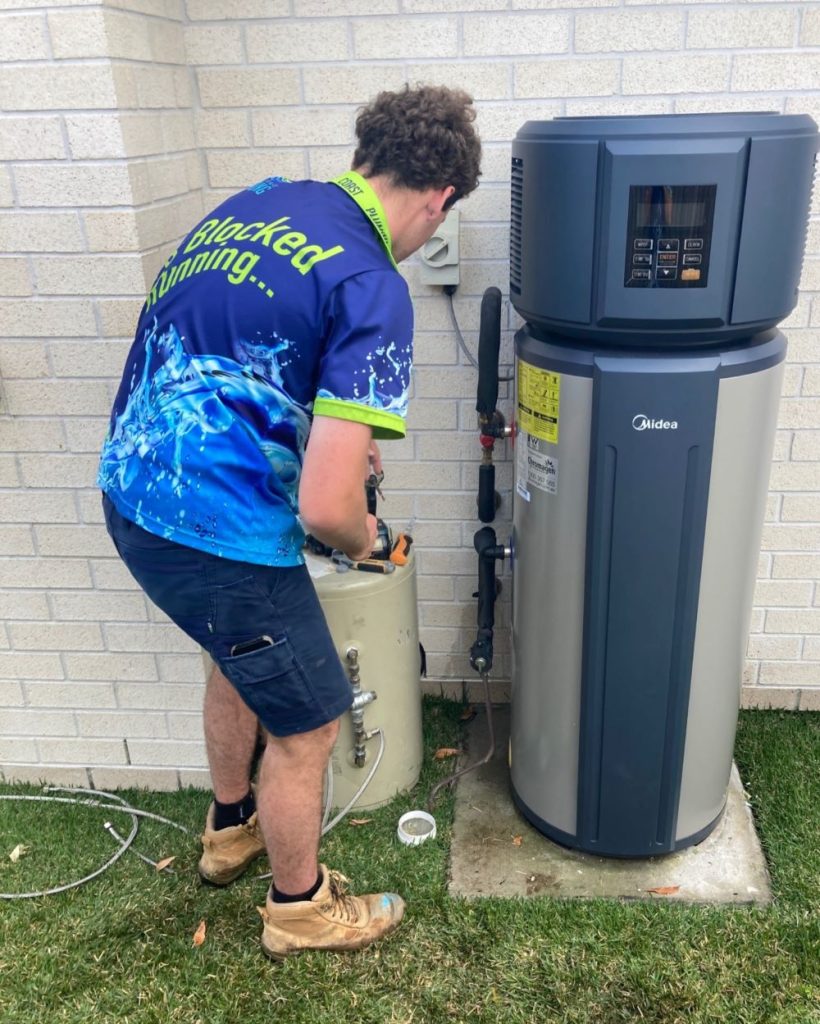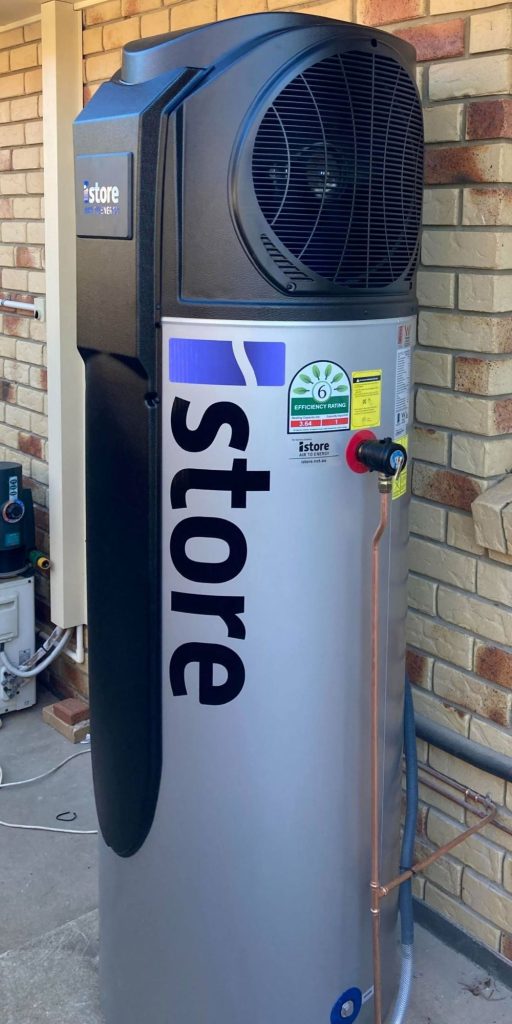Navigating the Complexities of Choosing Hot Water Systems for Queensland’s Unique Climate
When selecting the optimal hot water system for your residence in Queensland, it is crucial to consider more than just brand preference or unit size. A comprehensive understanding of essential elements such as the local climate, humidity levels, electricity tariffs, and your household's daily hot water consumption is vital for assessing the system's overall performance and energy efficiency. With rising energy costs, many households are increasingly opting for heat pumps, celebrated for their exceptional energy efficiency and environmentally friendly design. Nevertheless, it is important to note that these systems may not be suitable for every property type. Thus, a meticulous evaluation of all pertinent factors is imperative to guarantee the effective operation and durability of your selected hot water solution.
This article aims to explore the operational efficacy of heat pumps in Queensland’s diverse climatic conditions, identify which residential types gain the most advantages from these advanced systems, and debunk common myths that could lead to suboptimal performance or misinformed system choices.

Maximising the Efficiency of Heat Pumps in Queensland’s Coastal Areas
Heat pump water heaters operate by extracting thermal energy from the ambient air surrounding them. Their efficiency increases significantly with rising air temperatures. In the coastal regions of Queensland, especially in popular locales like the Sunshine Coast, Brisbane, and the Fraser Coast, average air temperatures typically remain above 5°C, even in winter. This persistent warmth allows heat pumps to function effectively throughout the year without the need for electric boosting or additional heating elements, which are often essential in cooler regions. By leveraging this natural energy source, homeowners can enjoy reduced energy bills and a smaller carbon footprint.
Identifying Environmental Factors that Boost Heat Pump Performance
| Factor | Impact on Heat Pump Functionality | Coastal QLD Efficiency |
|---|---|---|
| Average ambient temperature | Higher = more efficient operation | ✓ Consistently maintained above 5°C |
| Humidity levels | Moderate improvements | ✓ Generally high and stable |
| Access to off-peak electricity | Lower operational costs | ✓ Widely available in most regions |
| Roof shading | Not a significant factor | ✓ No detrimental impact on system |
| Direct sunlight exposure | Not a necessity | ✓ Functions well in shaded conditions |
Recognising Scenarios Where Heat Pumps Might Underperform
Despite the multitude of advantages that heat pumps provide, certain conditions in Queensland can impede their effectiveness, resulting in less than ideal outcomes:
- Inland or elevated locations
In areas like Toowoomba or the Hinterland, overnight temperatures can plummet significantly during winter months. Under such circumstances, specific heat pump models may struggle to reach optimal efficiency without a booster element, leading to increased energy use and costs. - Constrained or poorly ventilated outdoor environments
Heat pumps require sufficient airflow around their compressor units for optimal operation. In cramped or enclosed spaces, heat extraction efficiency may decrease, and noise levels could rise, potentially causing disturbances for residents. - Large households with substantial water usage
In homes with more than six occupants, systems designed for larger water storage or quicker recovery times, such as solar-boosted gas systems, may prove more effective in meeting significant hot water demands efficiently.
Dispelling Common Myths Surrounding Heat Pumps in Queensland
“They become ineffective during winter.”
This belief may be accurate for cooler southern climates; however, it is not applicable to Queensland. In regions where average temperatures consistently exceed 5°C, heat pumps retain their efficiency throughout winter, delivering reliable hot water solutions, even during colder spells.
“Solar panels are necessary for heat pumps to function.”
This assertion is misleading. Heat pumps can operate independently of solar photovoltaic (PV) systems, although integrating them with solar energy can further amplify your energy savings and sustainability efforts.
“Heat pumps are excessively noisy and disruptive.”
Modern heat pump systems are engineered to operate much more quietly compared to older models. When properly installed in well-ventilated areas, the noise generated by the compressor unit is typically minimal, contributing to a comfortable living environment.
Practical Approaches to Optimising Heat Pump Installation and Performance in Queensland
- Choose a system tailored for Australian conditions
Select models that showcase high-efficiency ratings and dependable local support, such as istore or Stiebel Eltron, which have established reputations for their performance in the Australian climate. - Install in a well-ventilated yet shaded location
Although heat pumps do not require direct sunlight, they necessitate adequate airflow around the unit to function optimally and effectively. - Employ timers or smart controls
By programming the system to operate during periods of solar energy generation or off-peak electricity hours, you can significantly improve energy savings while lowering costs. - Ensure proper sizing of your system
A capacity of 250–300 litres is generally sufficient for the needs of most families. An undersized system can lead to performance challenges and increased reliance on booster mechanisms, thereby raising energy consumption.
The Significance of Local Expertise for Successful Heat Pump Installations
The effective installation of a heat pump requires a customised approach to achieve optimal outcomes. The best results are attained through collaboration with a local plumber who has expertise in:
- Performance tailored to regional climatic conditions, ensuring maximum efficiency
- Eligibility for rebates such as Small-scale Technology Certificates (STCs) and various Queensland government incentives designed to promote energy efficiency
- Optimal placement and ventilation strategies for the unit to enhance performance
- Integration with solar PV systems or battery storage solutions, if applicable, to maximise energy efficiency
At Creek to Coast Plumbing, we specialise in providing and installing high-performance hot water systems, including heat pumps, throughout the Sunshine Coast and Moreton Bay regions. Our dedicated team is committed to assisting you in identifying which type of hot water service will best suit your needs. As the demand for energy-efficient hot water solutions continues to rise, many individuals are comparing solar options with heat pumps. We will assess the specific conditions of your home, recommend the most suitable system, and ensure you are equipped for maximum efficiency.
Discover additional information about our Heat Pump Hot Water Installations or contact us for a personalised recommendation tailored to your specific requirements.
The Article: Heat Pumps in Queensland: Effective Solutions and Pitfalls first appeared on https://writebuff.com
The Article Heat Pumps in Queensland: Benefits and Challenges Explained Was Found On https://limitsofstrategy.com
The Article Heat Pumps in Queensland: Exploring Advantages and Challenges found first on https://electroquench.com



